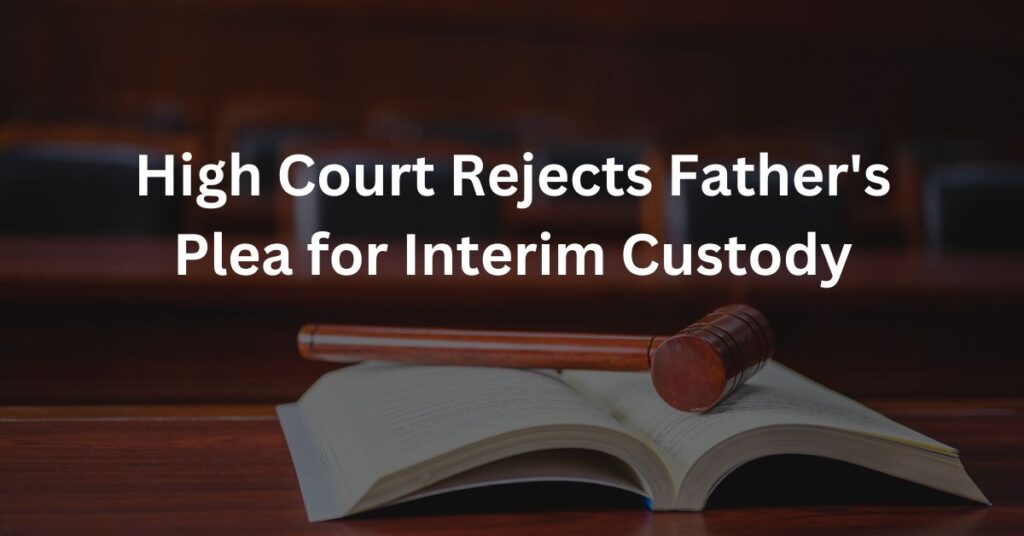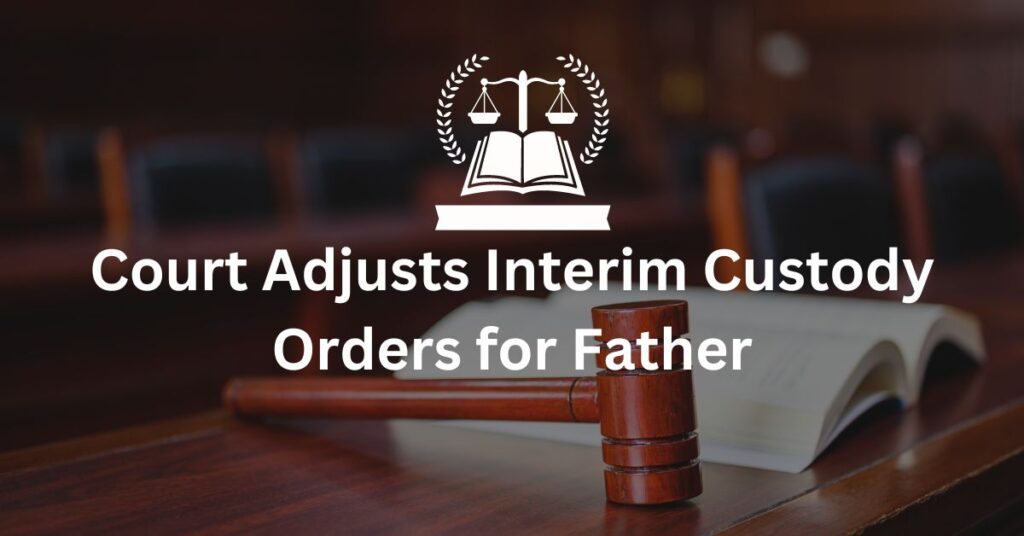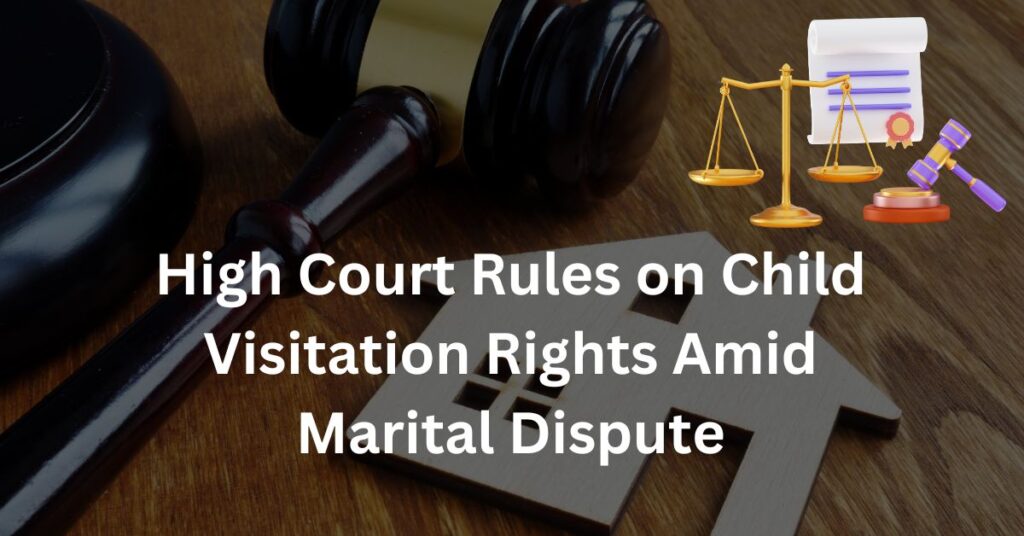New Delhi, October 11, 2023 – In a recent landmark decision, the High Court of Delhi has pronounced a judgment in a complex custody dispute case that has garnered widespread attention. The case, known as MAT.APP.(F.C.) 132/2020, involved the custody of minor children and brought into question several crucial legal and moral issues.
Table of Contents
ToggleBackground of the Case
The case was initiated under Section 19(1) of the Family Courts Act, 1984. The appellant-mother appealed against the judgment passed by Sh. Rakesh Syal, Learned Judge, Family Courts, West, Tis Hazari, dated 22.08.2020. The judgment had granted permanent custody of the minor children to the respondent-father, while providing visitation rights to mother.
The case revolved around allegations of an affair between the wife/mother and ‘CGA,’ as evidenced by WhatsApp chats and a video recording. These materials were presented by the father/husband, who had obtained the chats by hacking into her phone. The Family Court accepted these materials as evidence, citing Section 14 of the Family Courts Act, 1984. This section allows Family Courts to receive any report, statement, document, information, or matter that may assist in resolving a dispute.
Delhi High Court's Judgment
In the High Court’s judgment, Justices Siddharth Mridul and Amit Sharma acknowledged the relevance of the evidence presented but emphasized that it should not be the sole criteria for deciding custody. The court held that while such material might be relevant for matrimonial proceedings, it should not be the sole basis for custody decisions.
The judges found that other aspects of the case were not adequately addressed. The record did not establish that certain incidents, such as Husband’s allegations that Wife had called ‘CGA’ to her house for amorous activities, had indeed occurred. Additionally, the court noted that the Family Court failed to provide findings on how wife’s behavior had impacted the children.
The High Court emphasized the need for a child’s welfare as the primary consideration in custody cases. Noting that the children had been residing with their father since 2015, it decided against completely uprooting them from his custody. The judgment recognized the children’s desire to meet their mother and balanced the custody arrangement accordingly.
The Custody Arrangement
The judgment lays out a comprehensive custody arrangement that involves shared custody of the minor children. This arrangement is based on various factors, including weekends, academic sessions, and holidays.
The primary features of the custody arrangement are as follows:
Weekends: Both parents will have custody on designated weekends, with the mother having overnight custody on the second and fourth weekends of every month.
School Periods: When the academic session is ongoing, the children will live with the parent in the same location as their school. This arrangement includes full cooperation regarding the children’s education and wellbeing.
Monthly Rotation: When the father is stationed in the National Capital Territory (NCT) of Delhi, both parents will have custody for two weeks each, including weekends.
Vacations: During summer and winter vacations, both parents will have an equal number of days with the children.
The judgment highlights the importance of parents cooperating in the best interests of their children and allows for modification of the arrangement based on changing circumstances.
Conclusion
The High Court’s judgment in MAT.APP.(F.C.) 132/2020 underscores the critical importance of considering a child’s welfare in custody disputes. It reminds parents and legal authorities that while evidence may be important, it should not overshadow the child’s needs for love, care, and stability.
This decision serves as a guiding principle for future custody disputes, promoting fairness and cooperation while ensuring the children’s best interests are paramount. The case offers a nuanced perspective on complex custody issues and demonstrates the judiciary’s dedication to protecting children’s welfare.
Download Judgment
Click above to download this Judgment in the case titled MAT.APP.(F.C.) 132/2020. It can serve as a valuable resource for legal reference.



